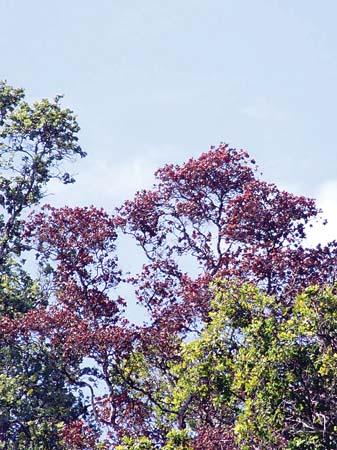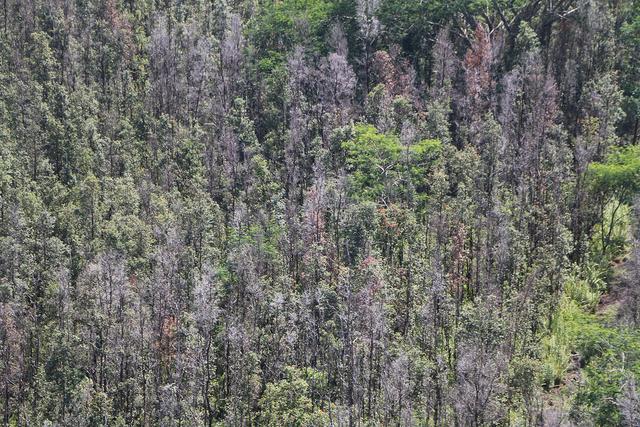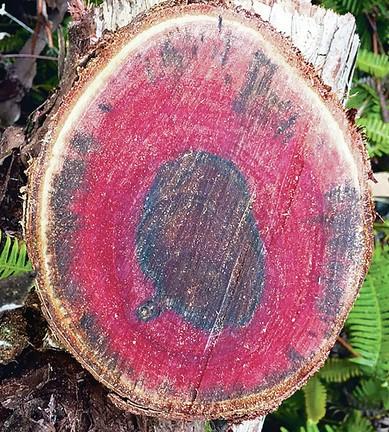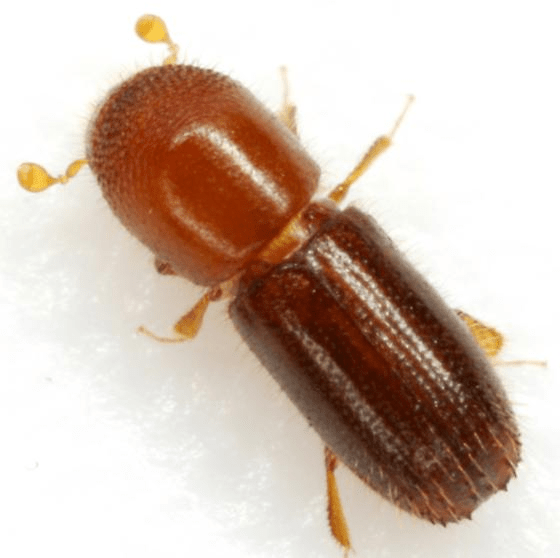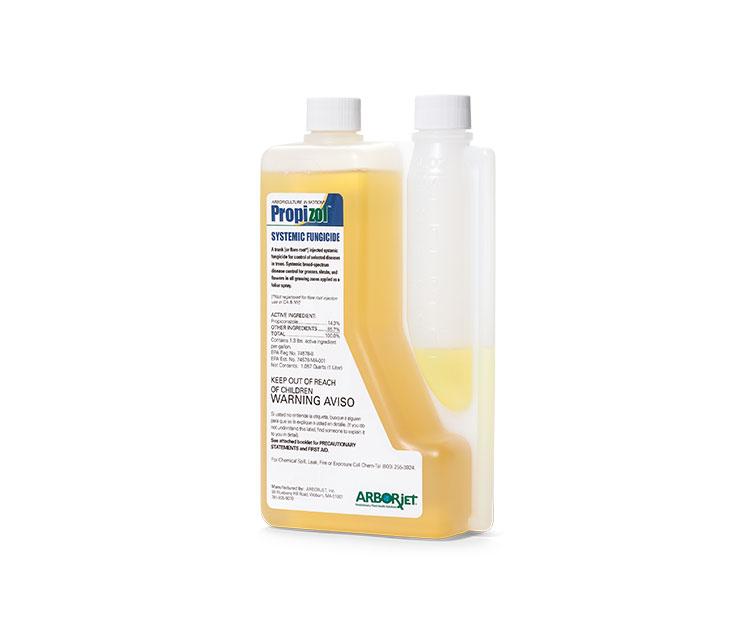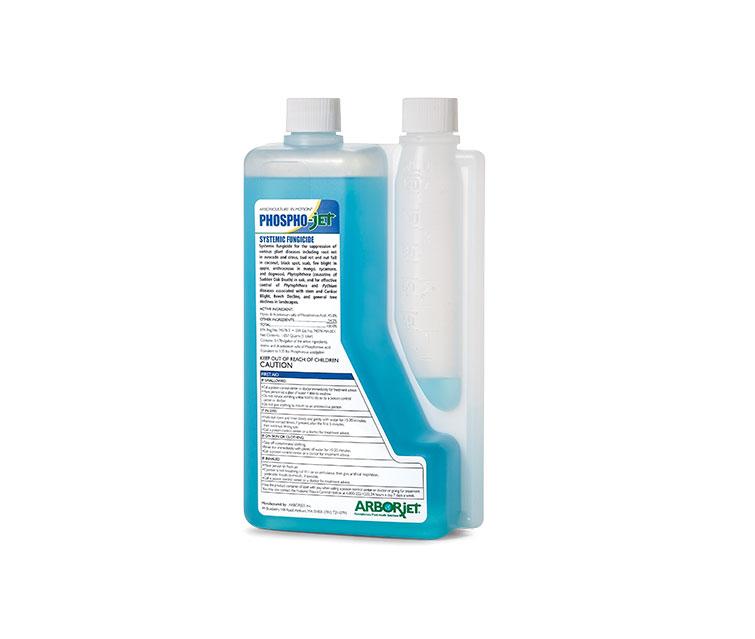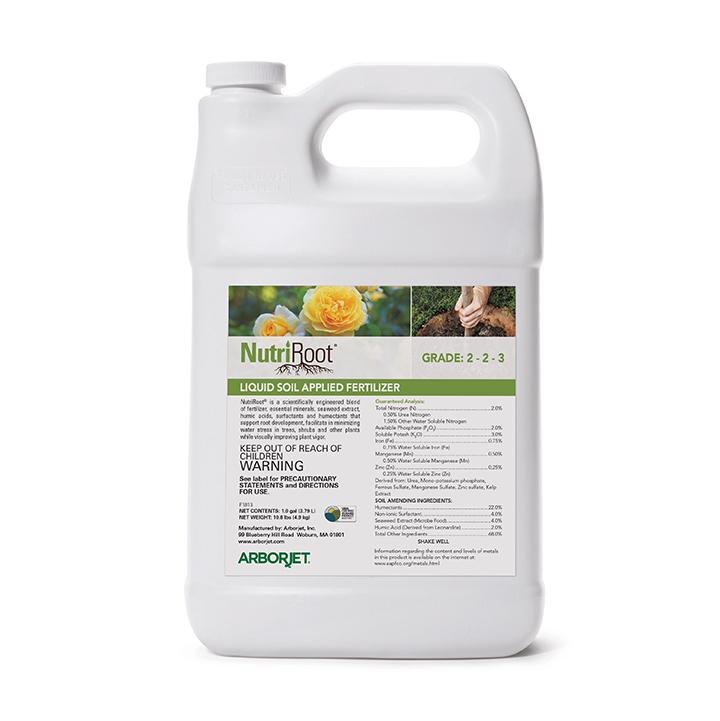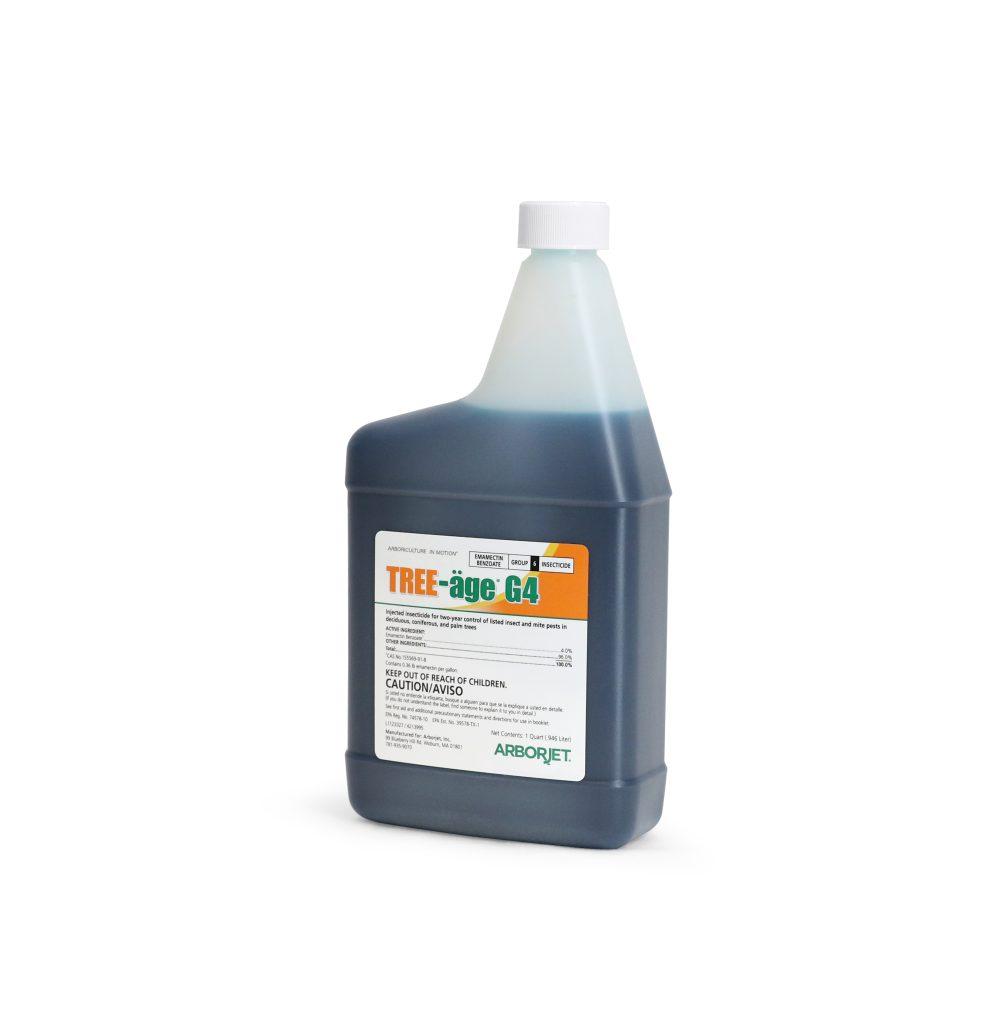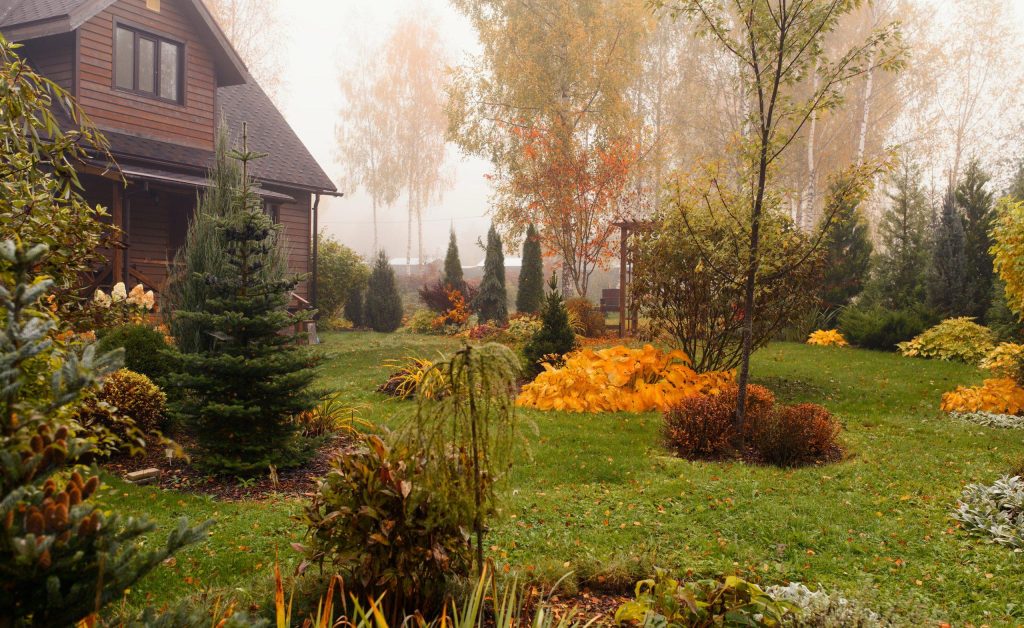Rapid ʻŌhiʻa Death
Rapid ʻŌhiʻa Death (ROD) or ʻŌhiʻa Wilt is a newly identified fungal disease currently attacking and killing hundreds of thousands of ʻōhiʻa trees on Hawaiʻi Island. It also had been reported on Kauai, Maui and Oahu. ROD is comprised of two pathogens, Ceratocystis lukuohia (the aggressive “destroyer of Ohia”) and C. huliohia (the less aggressive “disruptor of Ohia). These fungi disrupt the movement of water through the xylem tissue to the foliage. This results in the wilting of leaves and rapid death of ʻōhiʻa within a few days to a few weeks. It has been proven that ROD can be vectored by several species of ambrosia beetles. ʻŌhiʻa is the keystone species and most abundant native tree in Hawaiian forests ROD has the potential to cause major ecosystem disturbances that will negatively impact watersheds, cultural traditions, natural resources, and quality of life. ROD is primarily spread through human activity, mainly moving infected ‘ōhi’a wood, contaminating tools and equipment, and even carrying spores on clothing and shoes. Other potential vectors include ambrosia beetles that bore into infected trees and can spread spores through their boring dust, as well as feral ungulates that can injure trees and expose them to the fungus.
Common Symptoms
Crowns of affected ʻōhiʻa trees turn chlorotic (yellow) and subsequently brown within days to weeks. Dead leaves typically remain on branches for some time. Occasionally, leaves of single branches or limbs turn brown before the rest of the crown becomes brown. Trees within a given stand appear to die in a haphazard pattern; the disease does not appear to radiate out from infected trees or dead trees. In dead ʻōhiʻa trees, the presence of the fungus, Ceratocystis, is always accompanied by dark-almost black-radial staining in the outer xylem of the cut trunk. Freshly cut wood infected with Ceratocystis may give off a fruity odor similar to rotting bananas.
Treatments
Arborjet recommends a preventative trunk injection with Propizol® (propiconazole) fungicide using systemic injection equipment. This treatment provides protection for up to two years. Trees with less than 25% crown symptoms can be treated. To increase the resilience of the tree, a follow up application of PHOSPHO-jet™, NutriRoot® and/or Mn-jet Fe™ is recommended. An application of TREE-äge® G4, or TREE-äge R10 should also be considered to protect against potential ambrosia beetle vector.
References And Photo Credits
Header Image: Ohia canopy color change to to ROD: J.B. Friday, Hawaii Forestry Extension
Ohia Forest affected by ROD: Ivy Ashe, Hawaii Tribune-Herald
Typical black staining in sapwood caused by ROD: Hawaii Department of Land and Natural Resources
Disease vector (Ambrosia Beetle)

